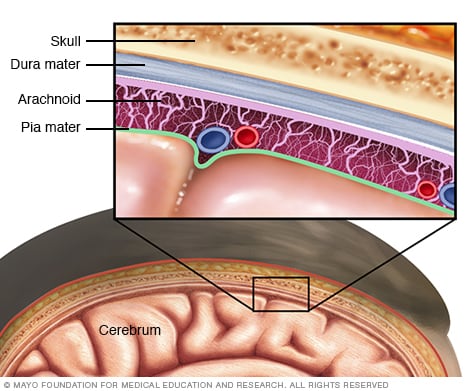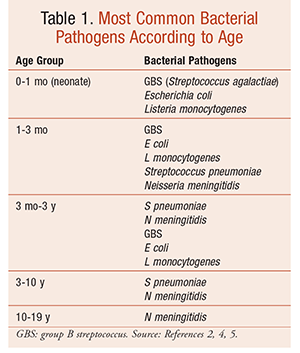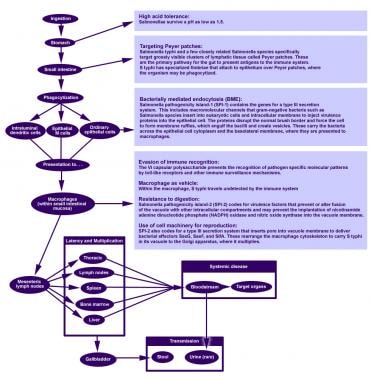Vaccines are available to help prevent certain forms of bacterial meningitis. What can I do to prevent bacterial meningitis.
 How Do You Catch Meningitis Meningitis Now
How Do You Catch Meningitis Meningitis Now
In most cases meningitis follows invasion of the bloodstream by organisms that live on mucosal surfaces such as the nasal cavity.

How do u get bacterial meningitis. Most bacteria that cause this form of infection are. Bacterial meningitis is a rare form of the illness that can lead to serious complications like hearing loss a stroke or brain damage. In bacterial meningitis bacteria reach the meninges by one of two main routes.
And many of us may never know. Viral meningitis is the most common and least serious type. Bacterial meningitis is more common in infants under 1 year of age and people ages 16 to 21.
A booster shot is given at age 16. Fortunately they are not as contagious as germs that cause the common cold or the flu. Ask your healthcare provider if you or your children should be vaccinated.
Several types of bacteria can first cause an upper respiratory tract infection and then travel through the bloodstream to the brain. What are the symptoms of bacterial meningitis. Bacterial meningitis is contagious.
Children now routinely get a meningitis vaccine around ages 11 to 12. Meningitis is a disorder where the meninges a thin tissue surrounding the brain and spinal cord become inflamed. Fortunately our immune system actually does a really good job of stopping it from getting any deeper into our bodies.
A head injury may also increase risk. The disease can also occur when certain bacteria invade the meninges directly. Sometimes meningitis occurs for no known reason.
You can also get bacterial meningitis by eating food contaminated by certain germs. Bacterial meningitis spreads from person to person contact. Bacterial meningitis occurs when these bacteria get in your bloodstream and travel to your brain and spinal cord to start an infection.
Other times it occurs after a head injury or after you have had an infection and your immune system is weakened. Meningitis is usually caused by a viral or bacterial infection. Bacterial meningitis is a rare but potentially fatal disease.
Some people get it when their immune system is weak or theyve recently been sick. People spread meningococcal bacteria to other people by sharing respiratory and throat secretions saliva or spit. Bacterial meningitis is rare but can be very serious if not treated.
Bacterial meningitis is an infection of the tissue surrounding the brain and spinal cord. Your baby can get meningitis when bacteria viruses or a fungus infecting another part of their body travels in the bloodstream to their brain and spinal cord. The bacteria most often responsible for bacterial meningitis are common in the environment and can also be found in your nose and respiratory system without causing any harm.
Through the bloodstream hematogenous spread or through direct contact between the meninges and either the nasal cavity or the skin. Generally it takes close for example coughing or kissing or lengthy contact to spread these bacteria. Experts dont always know why meningitis happens.
You can also get bacterial meningitis by eating food contaminated by certain germs. Bacterial meningitis can spread through kissing and viral meningitis can spread when people come in contact with the feces of an infected person which can happen when changing a. Several different viruses and bacteria can cause meningitis including.
But occasionally that germ can sneak past our immune system and invade deep into the body where it can. Bacterial meningitis spreads from person to person contact.


